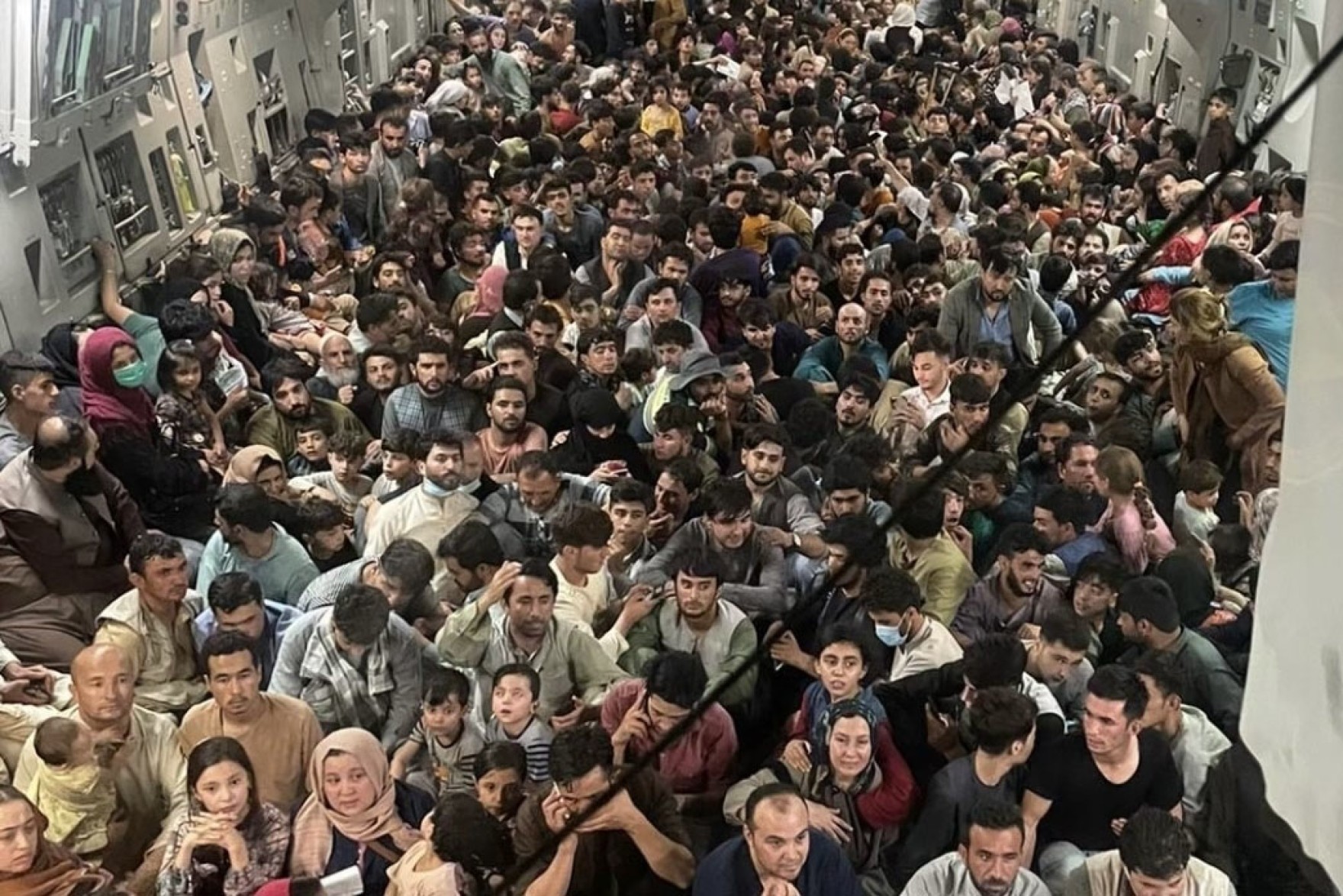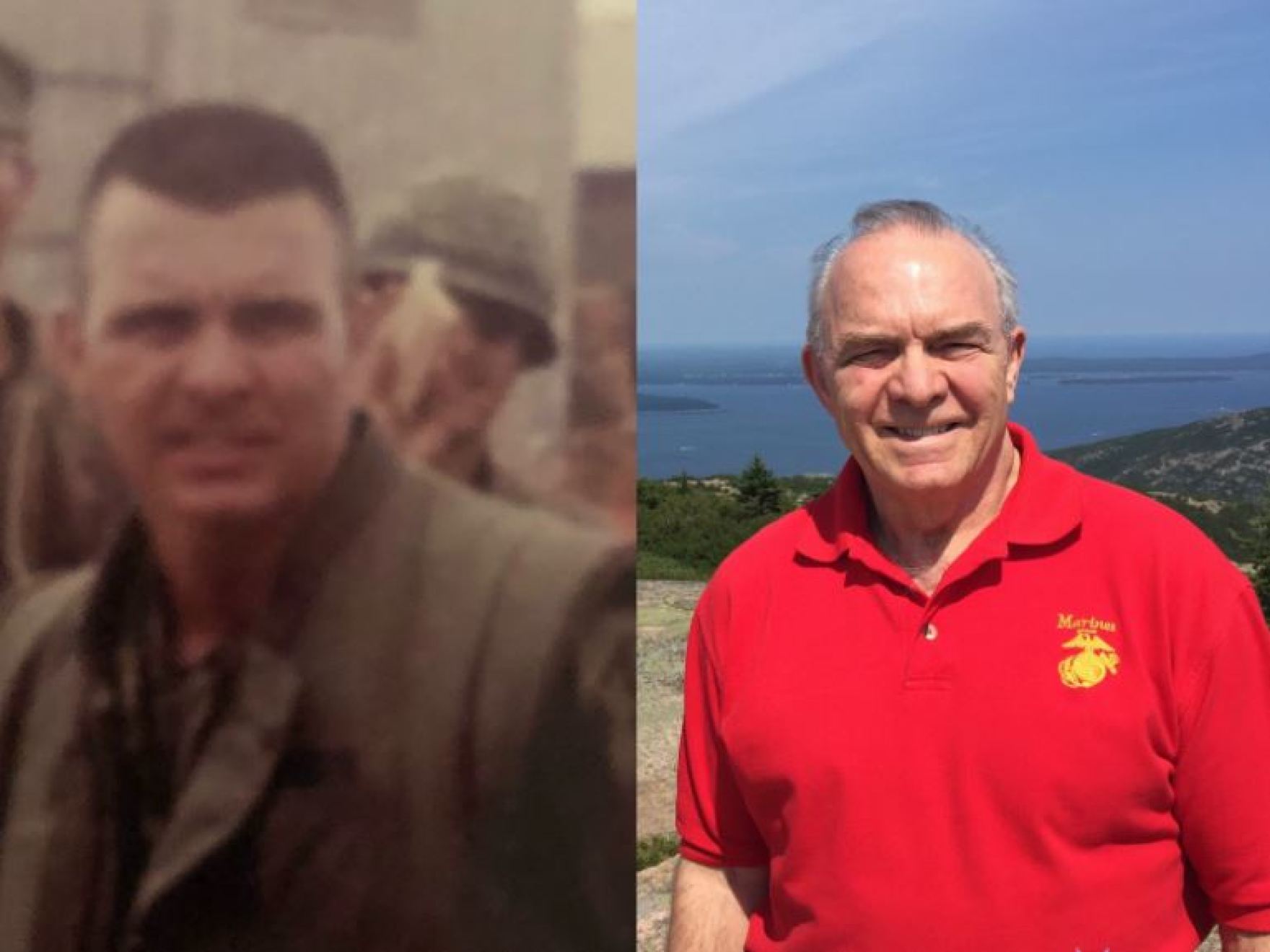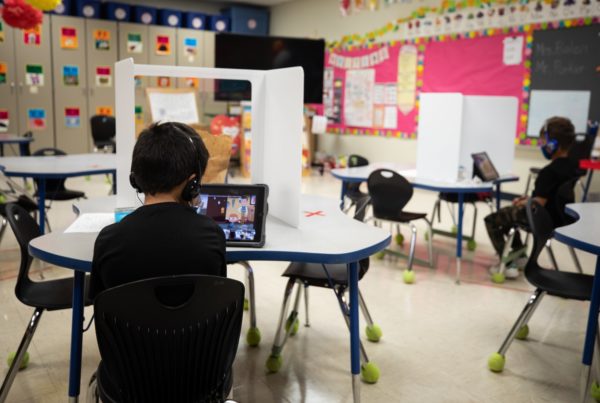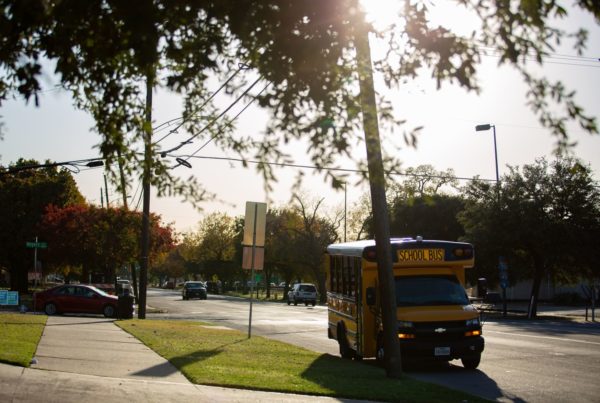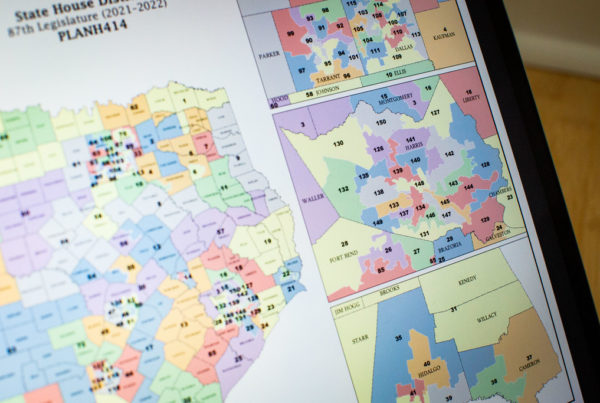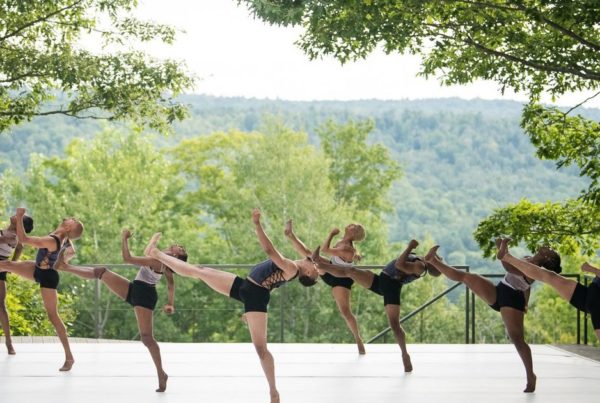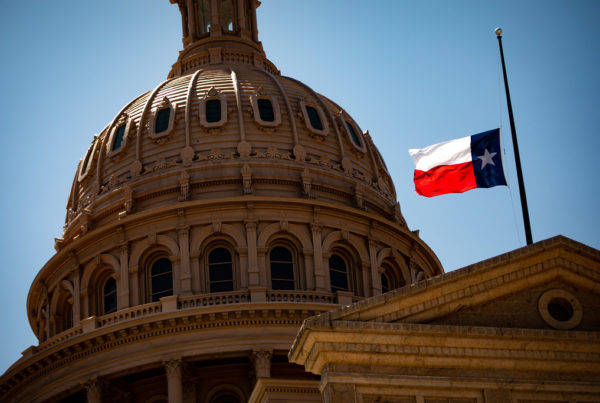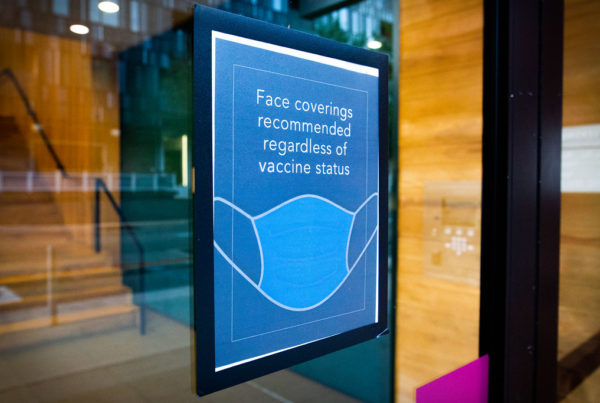In just a week, the Taliban took control of the Afghan government and are returning the country to a theocracy. Haunting images of Afghans overwhelming the Kabul airport — and hasty evacuations — dominated news coverage and social media.
For Russ Clark, a former Marine infantry officer who fought in Vietnam in 1969 and 1970, the events in Afghanistan feel strikingly familiar. He remembers watching the news of the fall of Saigon.
“It’s almost identical to the scenes that I saw in 1975, evacuating from the rooftop of our embassy in Saigon,” Clark said. “It triggers a lot of those memories.”
The emotions are much the same, too, with a heavy dose of grief and confusion over what it all meant.
“The feeling is one of pain, futility, a sense of powerlessness — even embarrassment and deflation. All of those are part of what I’m dealing with right now,” he said.
Echoes of Vietnam aren’t just affecting Clark. Steve Schwab, CEO of the Elizabeth Dole Foundation, calls this an “acute crisis” for veterans of that era, many of whom were already facing service-related injuries.
“Before this withdrawal, we saw rising suicide rates among Vietnam veterans, because they’re at that age, and they’re suffering from those conditions. They’re experiencing loneliness and disconnectedness at levels that are obscene. And then you layer this on top of that and it amounts to a crisis,” Schwab said.
Schwab said he’s hearing from veterans who are consumed with television news and social media, which is a huge trigger for their PTSD, anxiety, and depression. He said many Vietnam veterans are dealing with an extra layer of stress, given the similarities between Afghanistan and the war they fought.
“Frankly, many of them predicted and warned that this might happen again,” he said. “Sure enough, they’re seeing that play out. For many of them, their worst fears have come true.”
It could, however, be an opportunity to work through past trauma, according to Cohen Veterans Network president and CEO Dr. Anthony Hassan.
“This may be another reminder to them of all that they’ve stuffed down and hidden away,” he said. “So this could be that time where those moments, emotions, feelings and regrets are reactivated….But hopefully this is a time for them to get the help that they need as well.”
In recent days, the Dole Foundation, the Department of Veterans Affairs, the Military Health System, and many other veteran-serving organizations have sent out email blasts offering support and mental health resources to veterans and their families. Advocates are urging veterans to disconnect from the news and connect with other people.


